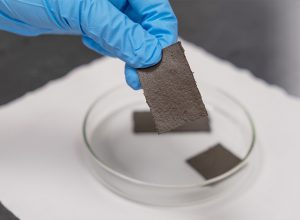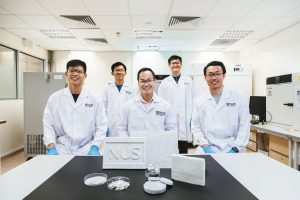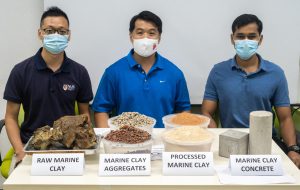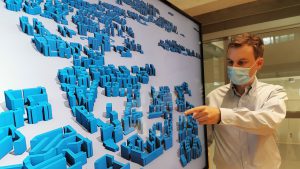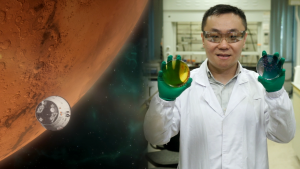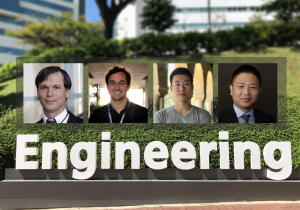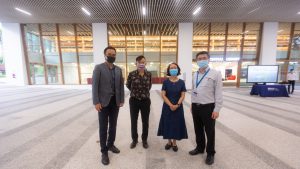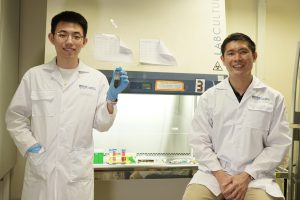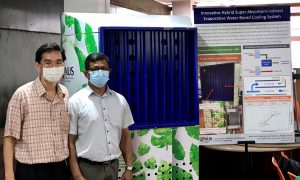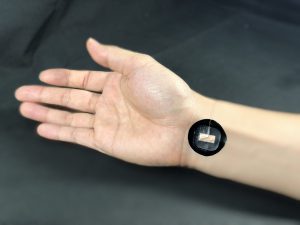RESEARCH NEWS
Smart foam gives robots a human-like sense of touch
Breakthrough material could enable machines to better judge human intentions and respond to changes in the environment.
A framework to predict floods and mitigate droughts
A new framework predicts future floods under climate change, hoping to put the water to good use – underground.
Turning waste metal into versatile aerogels
NUS Engineering researchers give waste metal a new lease of life as aerogels.
Using waste clay to make greener concrete
NUS Civil and Environmental Engineering team discover process to make more environmentally friendly concrete using waste material from excavation and tunnelling projects.
To Our City With Love: Designing a Loveable Singapore
What do people love about Singapore? What will make people love Singapore more? These were the two questions posed to participants in the “Loveable Singapore Project”.
Novel use of 3D geoinformation to identify urban farming sites
The study investigates the possibility of using three-dimensional (3D) city models and urban digital twins to assess the suitability of farming locations in high-rise buildings in terms of sunlight availability.
NUS hydrogel tested for Mars mission farms
An advanced hydrogel, initially developed by NUS researchers for use in smart farm systems, has been tested for use in farms on future Mars missions.
Four NUS Engineering researchers among 2021 NRF Fellows
Four young researchers receive the NRF Fellowship to pursue their game-changing research at NUS Engineering.
Bridging knowledge for a sustainable future
Designed as one of several central art pieces for the Central Library, the BookBridge is a first-of-its-kind bookshelf made from tropical Mass Engineered Timber, a renewable, sustainable building material for architecture.
Nanodiamond sensors to unlock secrets of cells
NUS researcher’s polymer-coating technique key to making the heater-thermometer hybrid sensors.
A greener solution for cooler outdoor dining
Innovative approach by NUS Engineers gives aircon respite to outdoor diners for less energy.
Durable medical electrodes from a materials breakthrough
A newly discovered flexible organic polymer promises to open the way to more reliable and long-lasting medical electrodes.



